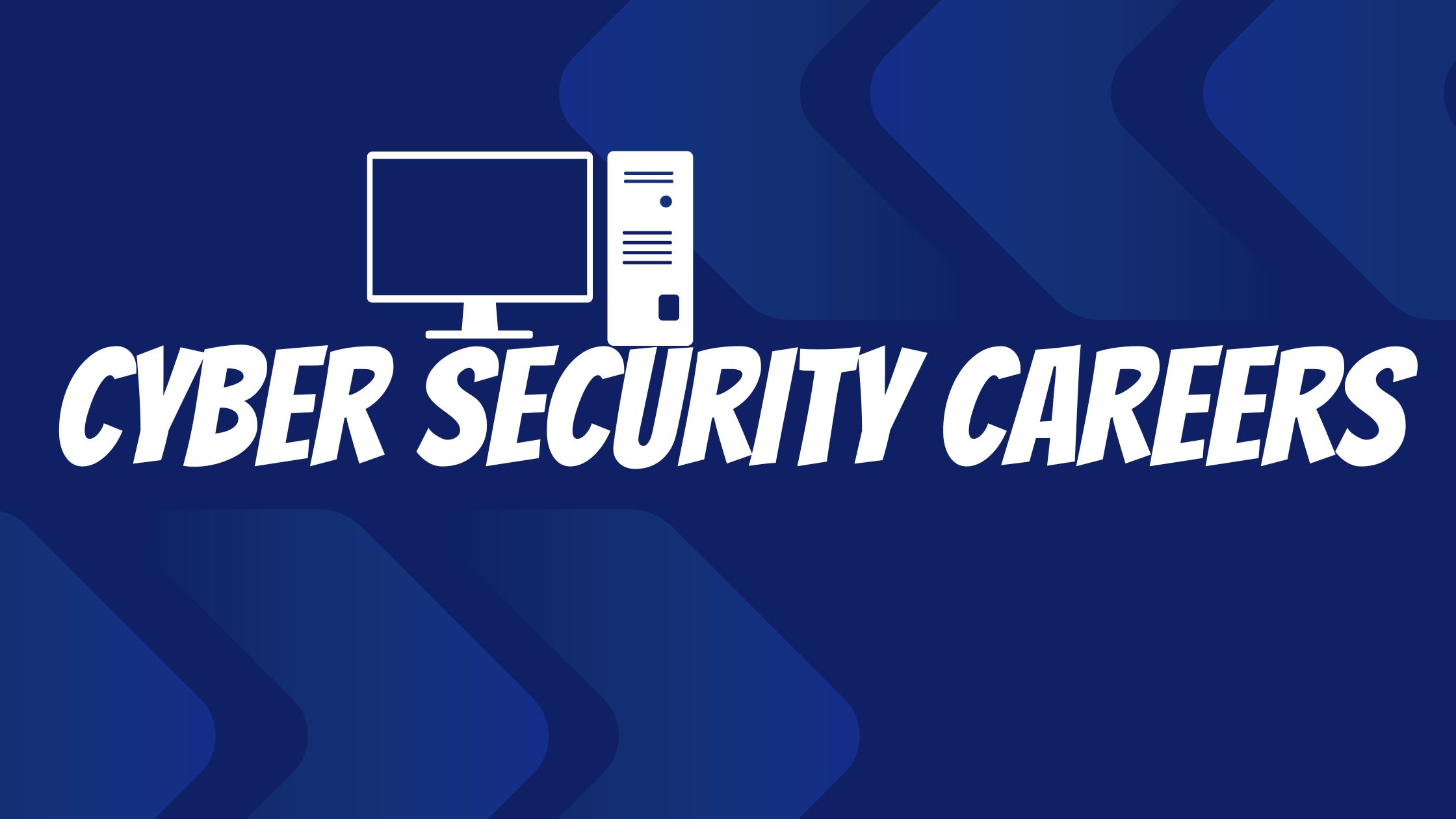Whether you’re interested in the technical side of things or the business side, there are plenty of cyber security careers you can pursue with a BTech. In fact, demand for cyber security experts is growing at a breakneck pace—faster than the average for all other occupations.
Cyber Security is a booming industry at the moment and chances are there will be a Cyber Security job available to you once you graduate. Even before the employment opportunities, many of you will know anyone who has been launched into an exciting and fulfilling career simply because they chose the right technology course at BTech.
Cyber security professionals have a wide range of career opportunities, from testing and development to analysis and management. A Bachelor’s degree in Information Technology or Computer Science can be an excellent starting point for a career in this field. However, you may also pursue an advanced degree in the same discipline if you wish to pursue more specialized roles in this field. With a BTech in cyber security, you can follow many different careers in this field.
Cyber security manager
The job of a cyber security manager is to ensure that the company’s technology infrastructure, data, and information systems are free from any vulnerabilities and threats. This includes designing policies and procedures to improve cyber security standards within the organization and developing strategies to protect against cyber attacks.
Security Architect
This is the top position in any organization, responsible for planning and overseeing how their organization’s network architecture is designed and implemented. Security architects must be able to think on their feet and make decisions quickly with limited information, as well as plan ahead for potential problems that might arise down the line. They usually have extensive experience working in IT at large organizations before being promoted to this role.
Network Security Engineer
Network security engineers are responsible for ensuring that all the systems, networks, and data within a business are secure. They work on a wide range of systems, from routers to desktops and laptops. They monitor the network to ensure it is not under attack, check logs for any suspicious activity, and install firewalls to protect against malicious hackers.
Chief Information Security Officer
The Chief Information Security Officer (CISO) is a senior executive who has been given the responsibility to ensure that the company’s information assets are protected from cyber threats. This requires strategic planning and execution of security policies, standards, and processes. The CISO must also have a clear understanding of the risks faced by the company in order to formulate an effective security strategy.
Cyber Security Analyst
Cyber security analysts are responsible for monitoring and analyzing networks and systems to detect potential threats. They also monitor activity on computer systems and may be called upon to respond to security breaches or other problems.
Database Administrator
Database administrators (DBAs) are responsible for maintaining the databases that support an organization’s information technology infrastructure. They install, configure and troubleshoot database software, as well as monitor performance and resolve issues that arise with databases.
Penetration Tester/Vulnerability Researcher/Ethical Hacker
A Penetration Tester, also known as an “ethical hacker” or “security engineer”, is a person who looks for weak spots in an IT system or network and tries to exploit them so that it can be made secure against such attacks in the future. Penetration testers use various tools that simulate real-life hacking scenarios and try to find flaws in an IT infrastructure or system before real hackers do it.
Cyber Forensics Analyst
The process of investigating cyber crimes is called cyber forensics. This process involves collecting evidence from the crime scene, analyzing it, and presenting it in court. A cyber forensics analyst uses his/her technical knowledge to gather this information and present it in a way that is comprehensible for those who aren’t tech-savvy.
Cyber Security Auditor
A Cyber Security Auditor performs critical security assessments for organizations so that they can identify potential weaknesses that could expose them to data loss or fraud. They also perform tests to ensure compliance with regulatory frameworks like PCI DSS (Payment Card Industry Data Security Standard) and SOX (Sarbanes-Oxley Act)
Data Scientist
A data scientist uses statistical analysis and mathematical modeling to extract meaning from huge amounts of data generated by websites, social media networks, mobile apps, and other sources.
Conclusion
In conclusion, a BTech in cyber security can lead to a number of fantastic career paths. With the right skills and experience, you can pursue a career in government, the private sector, or even start your own business. Cyber security is a rapidly growing field, and there are many opportunities for those with the right skills and qualifications. So if you’re looking for a challenging and rewarding career, consider a BTech in cyber security.



